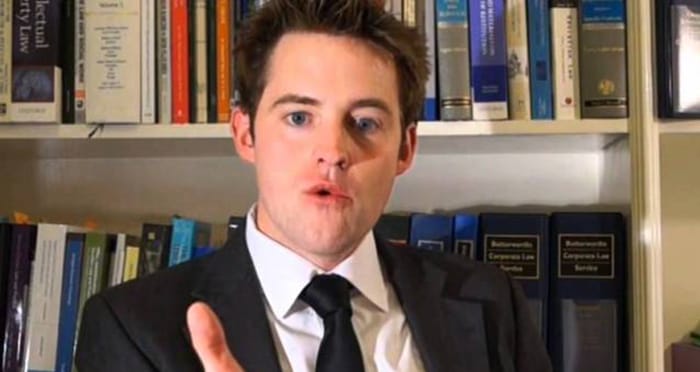Jailed last year after trying to buy drugs from clients

A barrister who was handed a 14-month prison term after trying to buy drugs from his clients has failed in an appeal against his sentence.
Henry Hendron was sentenced last year after admitting to three counts of intentionally encouraging or assisting the commission of an offence and one count of possessing a class A drug.
“The facts of this case are unique. It is to be hoped that remains the case,” the Court of Appeal began when considering Hendron’s appeal.
The court noted “two features of this case which are both unusual and very serious.” It stated that, at the time of the acts, Hendron was a practicing barrister with previous drug-related crimes, albeit he had not been disbarred for that conduct, and that “the individuals from whom he was encouraging to supply drugs to him” were prisoners on remand being represented by Hendron.
The barrister was arrested outside Belmarsh prison in May 2022 whilst visiting one of his clients. Messages on his phone showed that he had asked to buy methamphetamine, a Class A drug, and GBL, then Class C, although since upgraded to Class B.
Hendron’s initial contention that his prosecution was impacted by his role as a barrister was quickly dismissed by the court. “The decision to prosecute for a particular crime is not a matter for the court. That is the province of the Crown Prosecution Service and, subject to an application in respect of abuse of process on proper grounds, which was not advanced in this case and could not be, we reject this submission without hesitation for one moment.
“We can quite see why the evidential test was met and why the public interest test was also met in this case.”
A second submission about the length of the sentence was deemed a “much more sensible argument,” but it also did not win favour with the court.
“We do not consider a sentence of 18 months’ imprisonment to be in any way outside the range open to the judge in this case before consideration of the reduction in sentence because of the guilty plea,” it said. This 18 months was reduced by 20%, and rounded down to 14, because of the timing of Hendron’s confession.
“It seems to us that that was the very least sentence which could be imposed in this case following a trial, having regard to all the very serious aggravating factors which we have identified, as did the judge below,” the court noted. “It is hard to conceive of a more serious situation in a crime of this kind for a lawyer to seek to procure illegal drugs for himself from a criminal whom he is representing.”
The court was nonetheless cautious not to slip into the field of professional regulation, adding that:
“We emphasise, this has nothing to do with professional regulation or discipline. The disbarment of the appellant is for the professional disciplinary body of the Bar, as it was before in 2016. We expressly make no observation about what should or should not be done to maintain the professional integrity of the profession and what professional sanction should be imposed for bringing the profession into disrepute. This court is solely concerned with the sentence imposed for the criminality of the appellant; nothing more and nothing less.”
Back in 2017 Hendron was suspended from practicing as a barrister for three years after being convicted of possessing ‘chemsex’ substances mephedrone and gamma-butyrolactone. His conviction also earned him a community order with 18 months supervision and 140 hours unpaid work.
